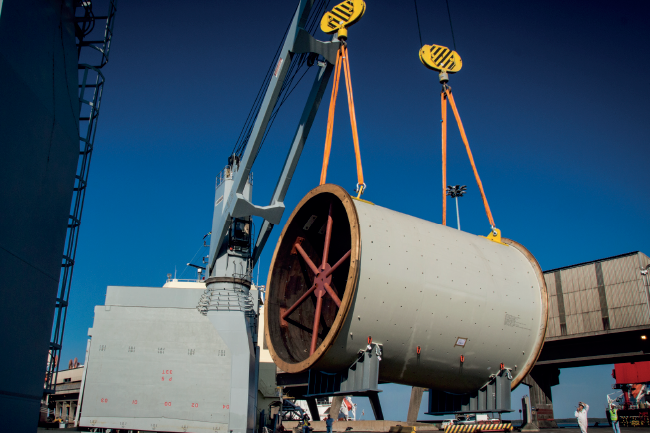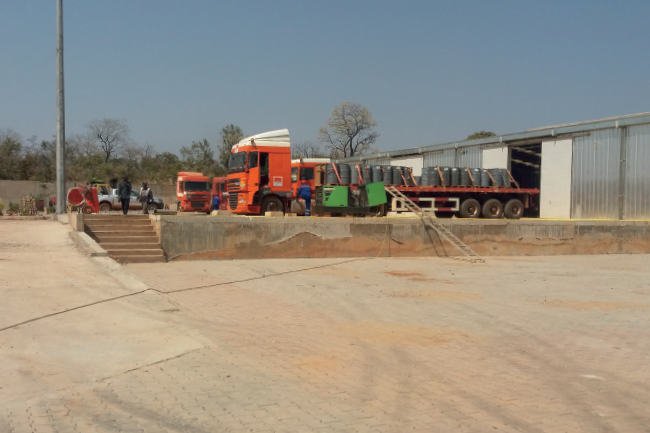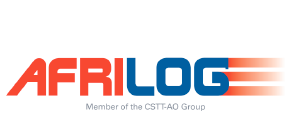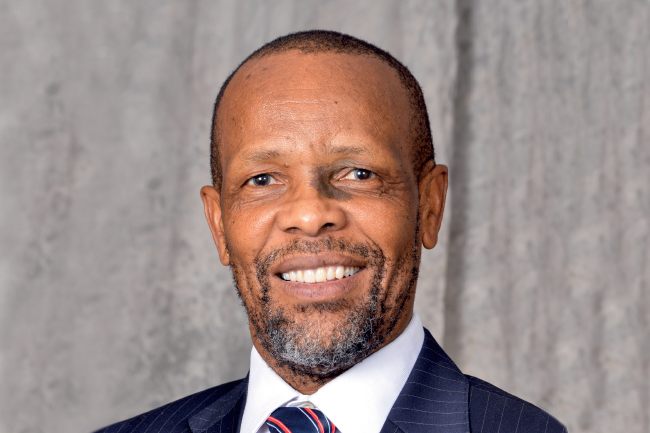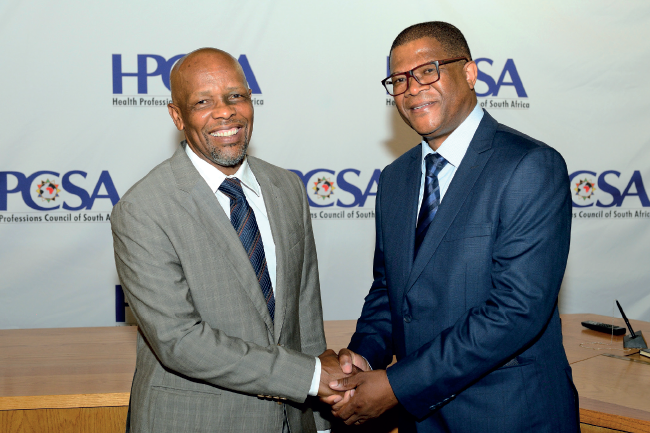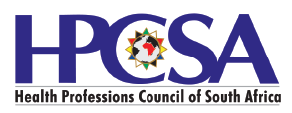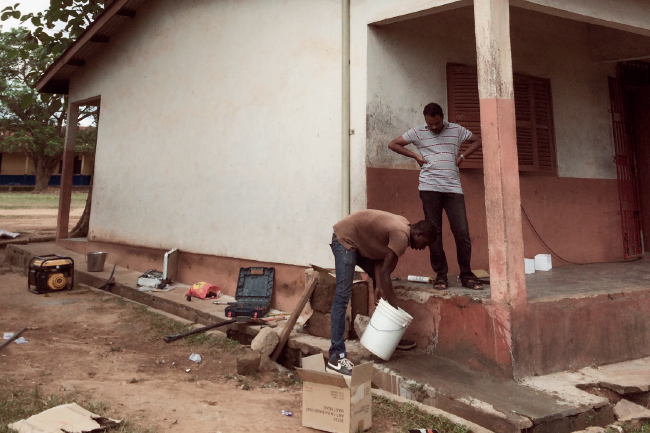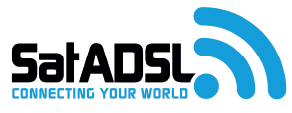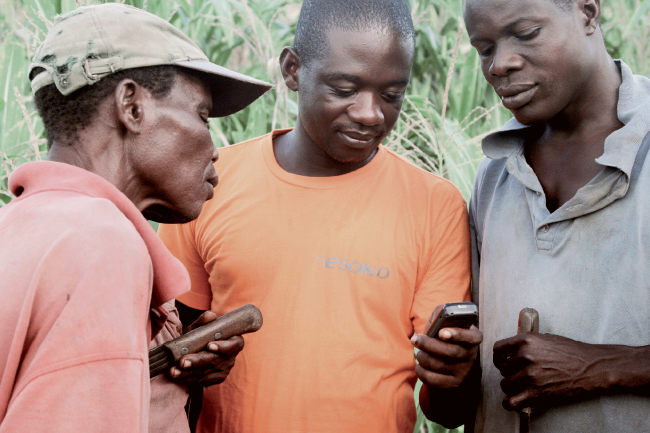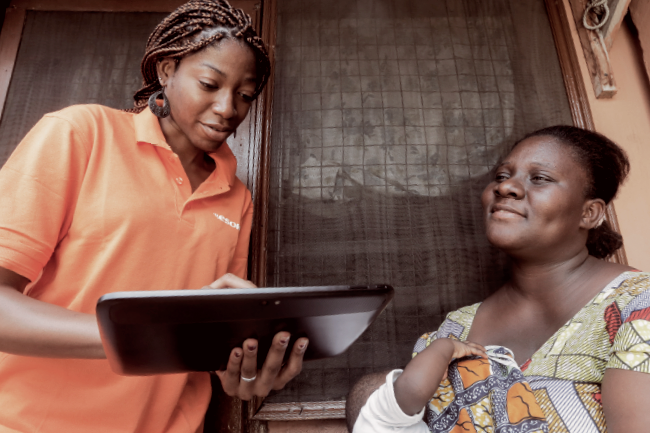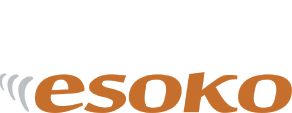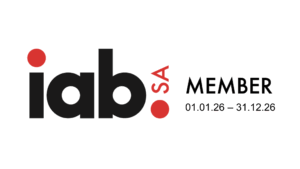Consider this conundrum: developing countries with a richness of natural resources, of which the African continent possesses an unusual abundance, tend to have less economic growth and worse development outcomes than many countries with fewer natural resources.
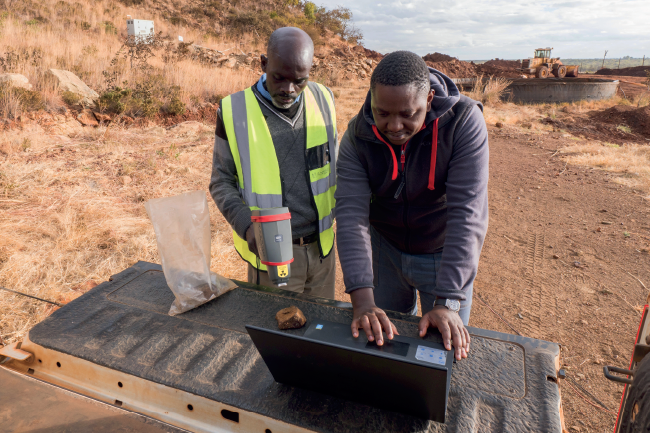
Now consider the same abundance of natural resources but place them in a country such as Australia. For the past few decades, Australia’s mining boom has been legendary, powering the economy through, and beyond, the global downturn of 2008. The resulting contrast could not be clearer. Australia’s level of education, healthcare, social protection systems, infrastructure and governance are what the African continent sorely needs. Australia has taken full advantage of its natural resources and put the country’s revenues to good use. Africa must do the same. The crucial question, however, is how do you go about it, and in what order do you invest the proceeds to gain maximum benefit for a developing country?
A new solution that benefits small-scale miners
Some claim that investing away from natural resources and into, for example, healthcare and education, is the solution to this ‘paradox of plenty’ suffered by many resource-dependent states. Politicians eager for votes tend to be the keenest proponents of this course.
The South African-based Moti Group, however, insists precisely the opposite: while healthcare and education are obviously a necessity for a healthy economy, a solution can also be found in spreading the power and influence of existing producers of natural resources by upskilling small-scale industry and facilitating their tangible participation to the national fiscus.
The Moti Group – one of the biggest and fastest-growing enterprises in Southern Africa, and one of the largest investors in Zimbabwe – is soon to launch its first example of this initiative in that country, with its Zimbabwe Motivation Mining (ZMM) programme, which will target small-scale lumpy chrome ore producers. Through this initiative, the Moti Group – via its Zimbabwean subsidiary, African Chrome Fields – aims to empower small-scale industries to unlock the potential of Africa outside of big business.
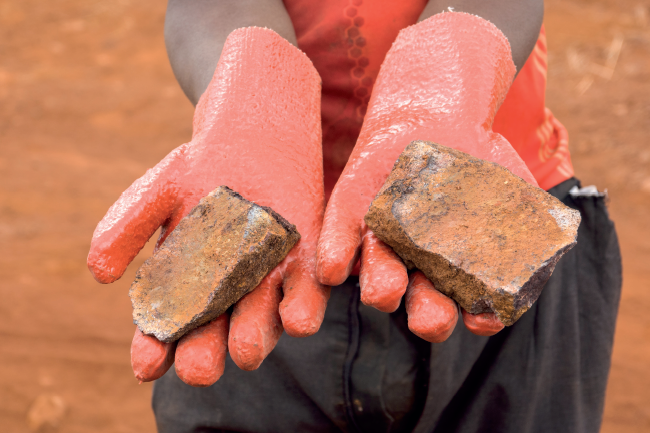
The Zimbabwe Midlands area is well-known for being home to the world’s second-largest chromite resources in the world. This massive bounty holds great potential for foreign earnings. However, while lumpy chrome has been extensively extracted by traditional, small-scale miners for decades, the potential for mining expansion through these operations – and for drastically improving their livelihoods – stays relatively untapped. The question remains on how the Zimbabwean economy can benefit from the 200 000 tons of lumpy chrome that the small-scale miners produce.
Small-scale miners face enormous challenges, not least of which are access to capital, machinery, geological expertise and fair prices. They also face dangerous working conditions and inevitably contribute to environmental deterioration. These factors greatly hamper their ability to grow their operations and, in the process, to contribute significantly to the Zimbabwean economy through foreign earnings.
The Moti Group’s African Chrome Fields mines and processes alluvial chromite ore along the Great Dyke region, and it is the proprietor of the aluminothermic technology, having established a successful plant utilising this proprietary technology. The Moti Group’s ZMM initiative will enable small-scale producers of lumpy chrome to make a tangible contribution to the national fiscus and, thus, for the first time, to enjoy the benefits of real enterprise for their efforts.
In essence, ZMM will incentivise and train small-scale miners in environmental and safety compliance, empowering them for growth into medium-scale miners by optimising production, over and above boosting their income. ZMM will match the grade of each product with available market prices, and pay miners in a combination of the RTGS (real-time gross settlement) payment platform and US dollars. ‘The programme will incentivise miners to improve and grow their operations through training programmes, financial and intellectual capital, and a trusted channel to the international commodities market,’ says Zunaid Moti, chairman of the Moti Group. Utilising the existing infrastructure and network of African Chrome Fields, ZMM will initially work with small-scale chrome miners before expanding into gold and lithium.
With its partners, ZMM has already earmarked a significant initial funding allocation and, once ZMM is launched, chrome output by small-scale minors may hit 1 million tons in the short to medium term – five times higher than the current 200 000 tons currently produced. ‘Our strategy to empower small-scale industry to contribute to the improvement of export revenues will in turn help support the government’s competition initiatives and improve standards of performance across the sector,’ according to Ashruf Kaka, CEO of the Moti Group. ‘ZMM offers a more sustainable solution to current issues than any existing structure with a similar aim.’
Small-scale industries across the continent should be able to take control of their land and their resources in the same way, and work together to help unlock the potential of Africa outside of big business.


